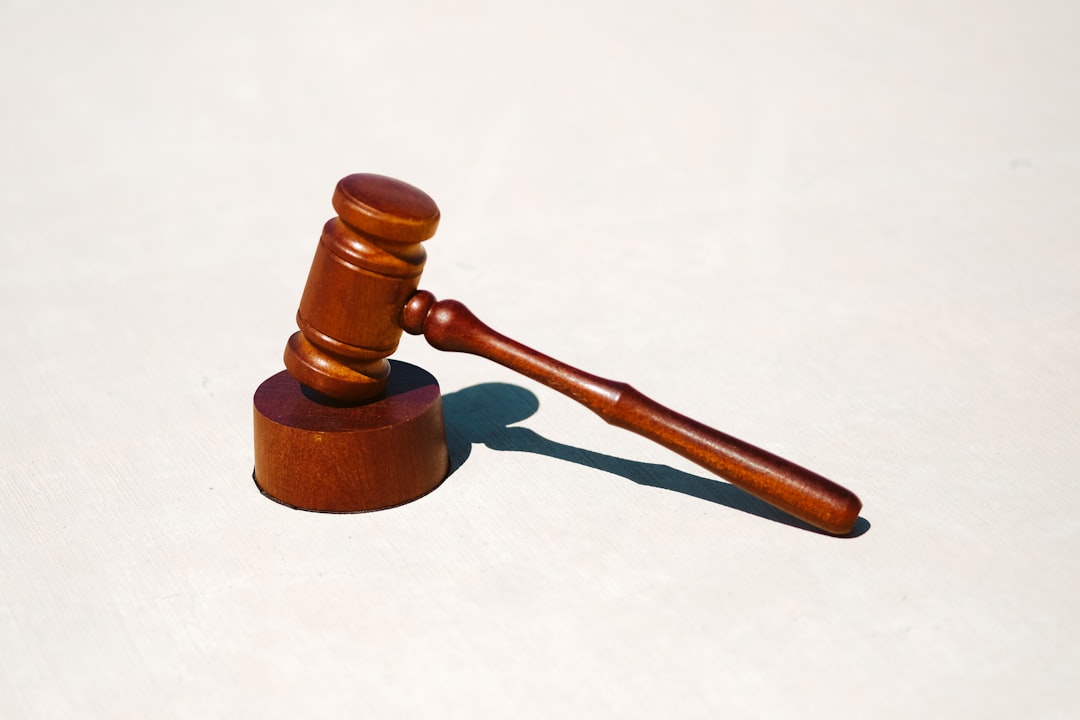Houston residents plagued by spam text messages have legal recourse. Document the messages and consult a local consumer protection agency or Attorney General's office for guidance. Texas' Telephone Consumer Protection Act (TCPA) prohibits unsolicited texts, making it possible to sue spammers under federal and state laws. Save evidence, consult a "do not call" lawyer, file complaints, and register your number on 'Do Not Call' lists to stop spam effectively. For legal assistance, turn to a reputable Do Not Call law firm Houston.
Are you tired of receiving unwanted spam text messages? You’re not alone. In Houston, as across Texas, unsolicited text messages are a common nuisance. But do you have the right to take action? This article explores your legal options if you’ve been overwhelmed by spam texts, delving into relevant laws, eligibility criteria, and the steps to file a lawsuit against responsible parties. Learn how to protect yourself from future spam and connect with a lawyer in Houston specializing in ‘do not call’ regulations if needed.
Understanding Spam Text Messages and Legal Protections in Houston

Spam text messages are unsolicited messages sent in bulk to mobile phones, often promoting products, services, or even fraudulent schemes. While they can be a nuisance, residents of Houston have legal protections against such practices. In Texas, including Houston, there are laws in place to prevent companies from engaging in abusive or deceptive marketing tactics, particularly through text messaging.
If you’re receiving spam text messages, it’s advisable not to call any lawyer, attorney, or law firm in Houston for immediate action. Instead, consider documenting the messages and contacting your local consumer protection agency or the Attorney General’s office. They can provide guidance on how to stop the messages and take legal action if necessary. There are also specific Do Not Call lists and regulations that businesses must adhere to, ensuring residents’ peace of mind from unwanted text spam.
Who Can Sue for Spam Text Messages? Eligibility Criteria

Anyone who has received unwanted spam text messages can potentially sue, but the key lies in meeting specific eligibility criteria. In the US, including Houston, anti-spam laws vary by state, and federal regulations also provide protections against unsolicited texts. To have a strong case, individuals must demonstrate that they did not consent to receiving these messages. This could include text messages from marketing companies or unknown senders promoting products or services.
When considering legal action, it’s advisable to reach out to a lawyer specializing in telecommunications law, rather than a general do not call lawyer Houston or do not call attorney Houston. These legal professionals can guide you through the process, ensuring you understand your rights and the potential outcomes. They will help gather evidence and assess whether a lawsuit against the spammers is viable under the laws of Texas and relevant federal regulations.
Navigating Texas Law Against Unsolicited Text Messages

Navigating Texas Law Against Unsolicited Text Messages
In Texas, including the city of Houston, unsolicited text messages, often known as spam, are regulated under the Telephone Consumer Protection Act (TCPA). This federal law restricts companies and individuals from sending automated or prerecorded messages to mobile phones without explicit consent. The TCPA provides consumers with substantial legal protections against unwanted text messages.
If you’re receiving spam text messages in Houston, it’s advisable not to engage or respond. Instead, consider documenting the messages by saving them and noting the sender’s details. A “do not call” lawyer or attorney in Houston can offer guidance tailored to your situation, helping you understand your rights and explore legal avenues if necessary. Remember, knowing your rights is the first step towards effective navigation of these regulations.
The Process of Filing a Lawsuit for Spam Text Messages

If you’re considering legal action against a sender of spam text messages while residing in Houston, understanding the process is key. The first step involves gathering evidence—save and document all unwanted text messages, including dates, times, and content. Additionally, note any patterns or recurring senders. This information will be crucial for your case.
Once you’ve compiled your evidence, the next phase is to consult with a lawyer specializing in communication laws. A “do not call” lawyer Houston or an attorney focusing on telecom regulations can advise you on your rights and the best course of action. They’ll guide you through filing a complaint with relevant authorities, which may lead to legal proceedings against the spammer. Remember, seeking professional help from a reputable law firm Houston is essential to ensure your case is handled effectively.
Protecting Yourself: Measures to Stop Future Spam Texts

If you’re receiving unwanted spam text messages in Houston, it’s important to know that there are steps you can take to protect yourself and prevent future occurrences. The first line of defense is to refrain from responding or interacting with the spammer. Don’t engage, click on any links, or provide personal information under any circumstances. This simple act can significantly reduce the number of spam texts you receive.
Additionally, consider putting your phone number on a ‘Do Not Call’ list specific to Texas or Houston. Many services and organizations have databases for such requests, ensuring that your number is blocked from receiving promotional or unsolicited text messages. You can also reach out to your mobile service provider and request features or tools they offer to filter spam. Remember, taking proactive measures is crucial in safeguarding against unwanted interruptions, and by following these steps, you can avoid the hassle of dealing with spam texts while also avoiding the need to contact a lawyer for Do Not Call issues in Houston.






